It is "absolutely impossible to sit idly by" as Japan invests in its long-range strike capabilities, North Korea's state news agency said on Sunday.
Tensions on the peninsula and in the region continue to simmer as Tokyo reaffirmed its support for Ukraine, which is battling Pyongyang's fighters in Russia.
North Korea's KCNA state news agency said in a commentary published on Sunday that the "regional situation has become more dangerous than ever due to the U.S.-Japan-ROK war of aggression exercises aimed at our sacred nation." The Republic of Korea, or ROK, is the official name for South Korea.
Washington, Tokyo and Seoul have carried out joint military drills in recent days.
Tokyo investing in the "capability to attack enemy bases," KCNA wrote, "is another example of Japan's renewed fervor and war fever heating up to the extreme."
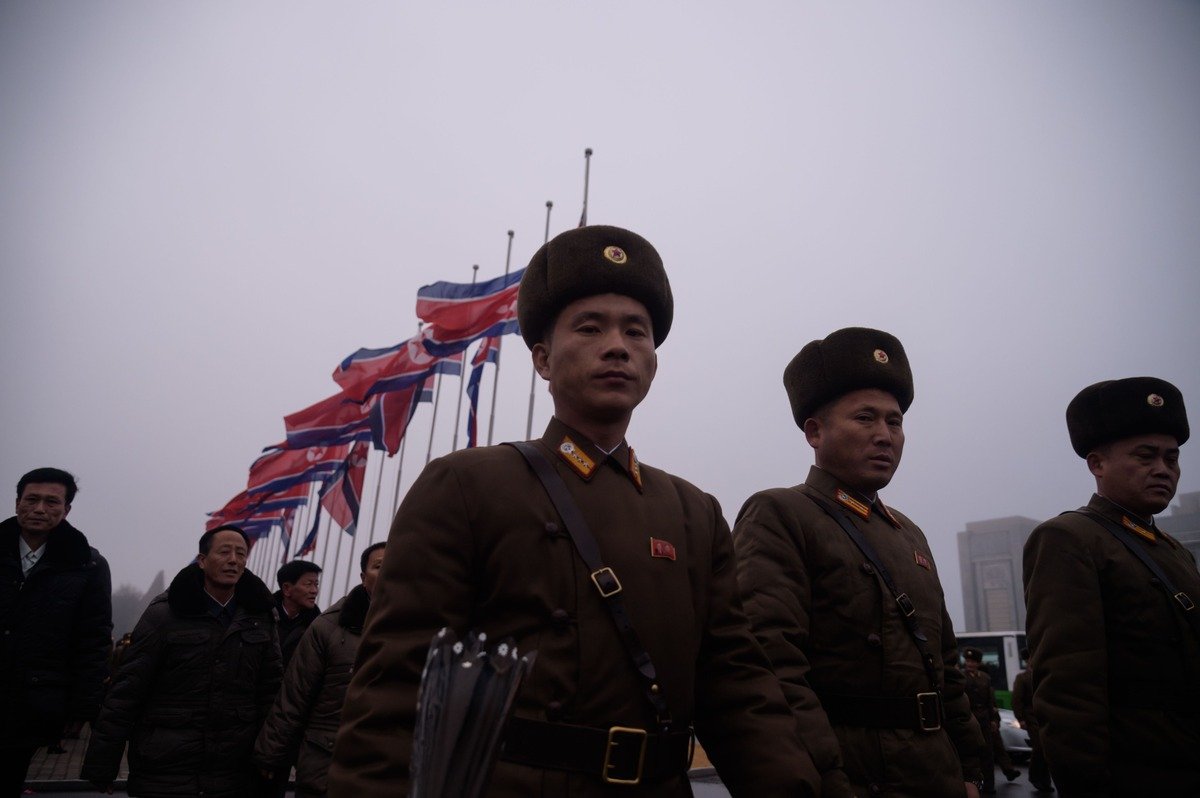
Japan is a close ally of the U.S., and like South Korea, is deeply worried about North Korea's bellicose rhetoric and help that Pyongyang is thought to be receiving on its weapons and nuclear development programs from Russia.
North Korea has carried out numerous missile tests in recent months—despite sanctions from the United Nations—including of what it said was a new intercontinental ballistic missile known as Hwasong-19.
Tokyo said earlier this year it planned to up its defense spending again, as the world "has entered a new era of crisis."
In late 2022, the Japanese government said it would invest in "counterstrike capabilities," or long-range cruise missiles. Tokyo described building up its stocks of these weapons as "a minimum necessary measure for self-defense."
"If Japan continues to rely solely upon ballistic missile defenses, it will become increasingly difficult to fully address missile threats with the existing missile defense network alone," the Tokyo government said.
"For this reason, Japan needs counterstrike capabilities: capabilities which, in the case of missile attacks by an opponent, enable Japan to mount effective counterstrikes against the opponent to prevent further attacks while defending against incoming missiles."
In July 2024, Tokyo said it would focus on diplomacy, but added that these efforts had to be backed up by counterstrike capabilities that are "key to deterring the invasion of Japan."
"The preemptive strike ambitions of Japanese reactionaries, which pose a serious threat to regional peace and security, are becoming more blatant by the day," KCNA wrote.
Newsweek has contacted the Japanese Embassy in the U.S. via email for comment.
Japan is working with the U.S. to develop new air-defense systems that are able to intercept hypersonic weapons, dubbed the Glide Phase Interceptor and expected to be deployed in the mid-2030s.
North Korea has said it has tested hypersonic weapons, and Russia has widely used hypersonic missiles against Ukraine. Kyiv's leader, Volodymyr Zelensky, said on Sunday that Moscow had fired its Kinzhal and Zircon hypersonic missiles at Ukraine overnight. China has also increased its hypersonic weapons programs.
On Saturday, Japan's Prime Minister, Shigeru Ishiba, and South Korean President Yoon Suk-yeol said they "shared serious concern" about Pyongyang's missile development and its relationship with Moscow, including the deployment of North Korean troops to fight Ukrainian forces in Russia.
The two leaders said they would "continue to work closely together," as well as with the U.S., according to a Japanese government readout.
Australian Defense Minister and Deputy Prime Minister Richard Marles said on Sunday that Canberra would have closer military ties with both Japan and the U.S., with Tokyo's amphibious Rapid Deployment Brigade to regularly deploy to Australia.
Pyongyang has drawn closer to Russia since the Kremlin launched its full-scale invasion of Ukraine in early 2022. The U.S. confirmed earlier this month that North Korean troops had been involved in clashes with Ukraine's military in Russia's southwestern Kursk region.
Approximately 12,000 North Korean troops have been deployed to Russia, according to South Korean, U.S. and Ukrainian intelligence.
Japanese Foreign Minister Takeshi Iwaya visited Kyiv on Saturday to express Tokyo's "strong support" for Ukraine and "grave concern" about North Korean and Russian military links, Japan's government said.
South Korea's military said on Sunday that North Korea had jammed GPS signals across the border on the peninsula for a 10th consecutive day, according to local media.
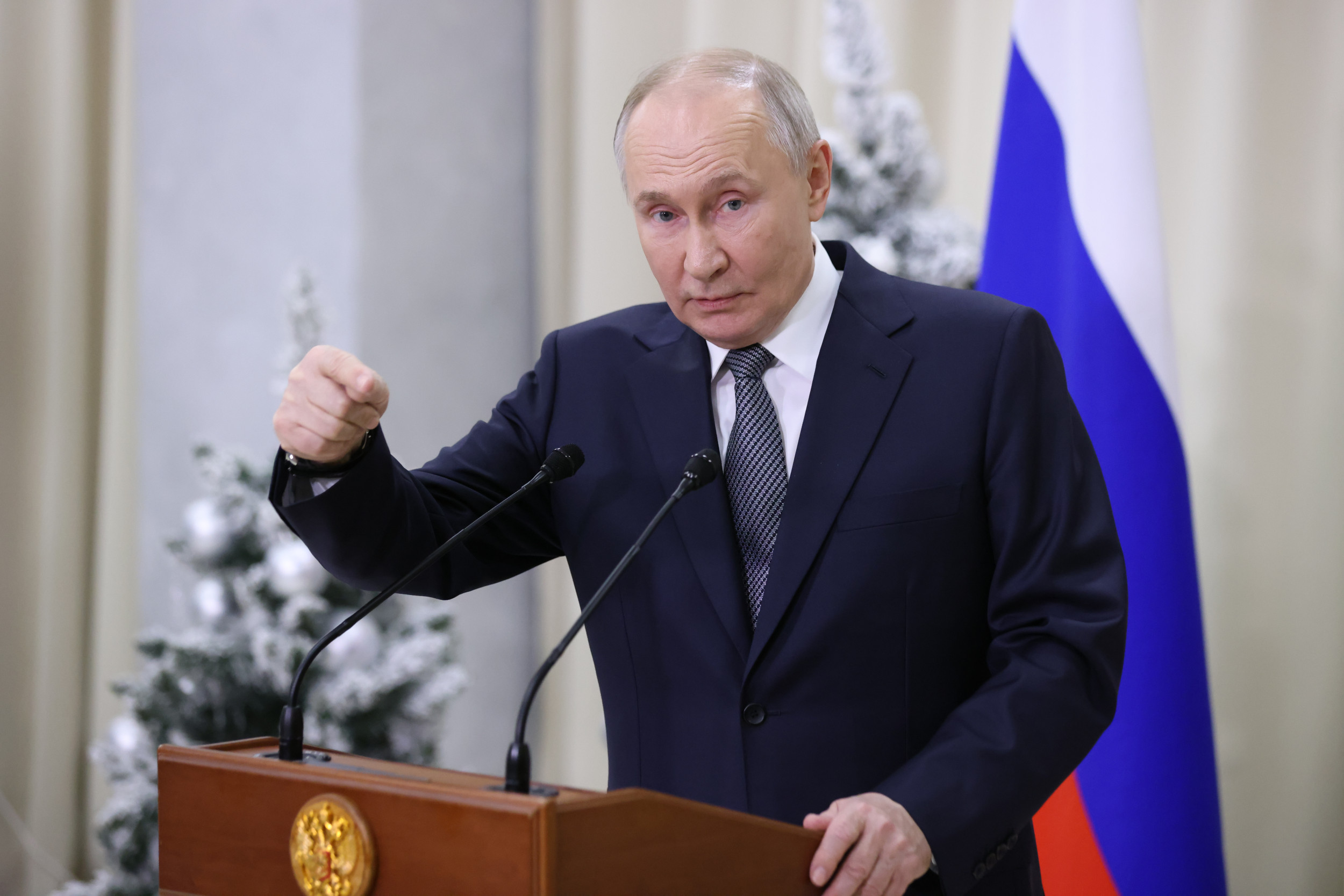


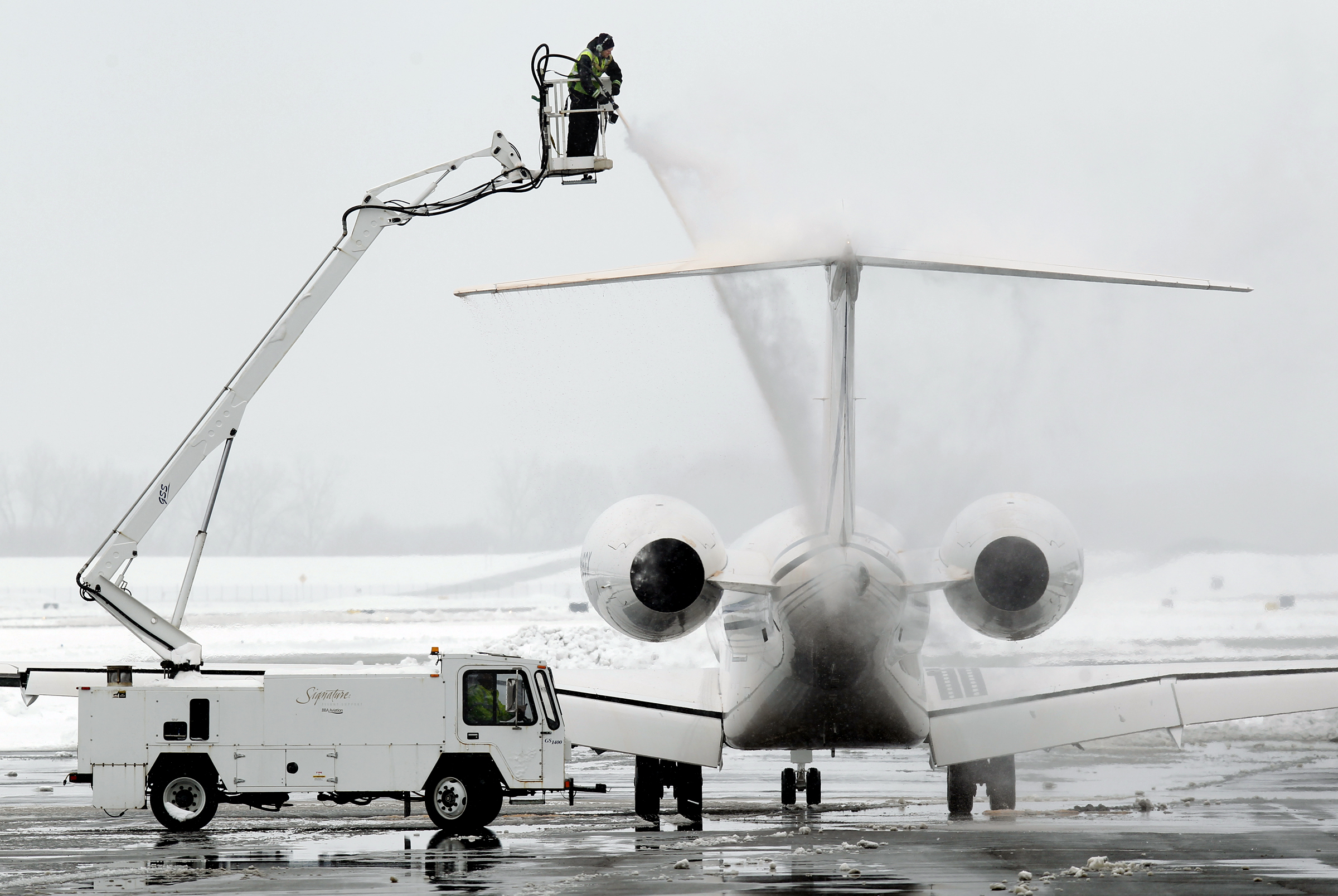


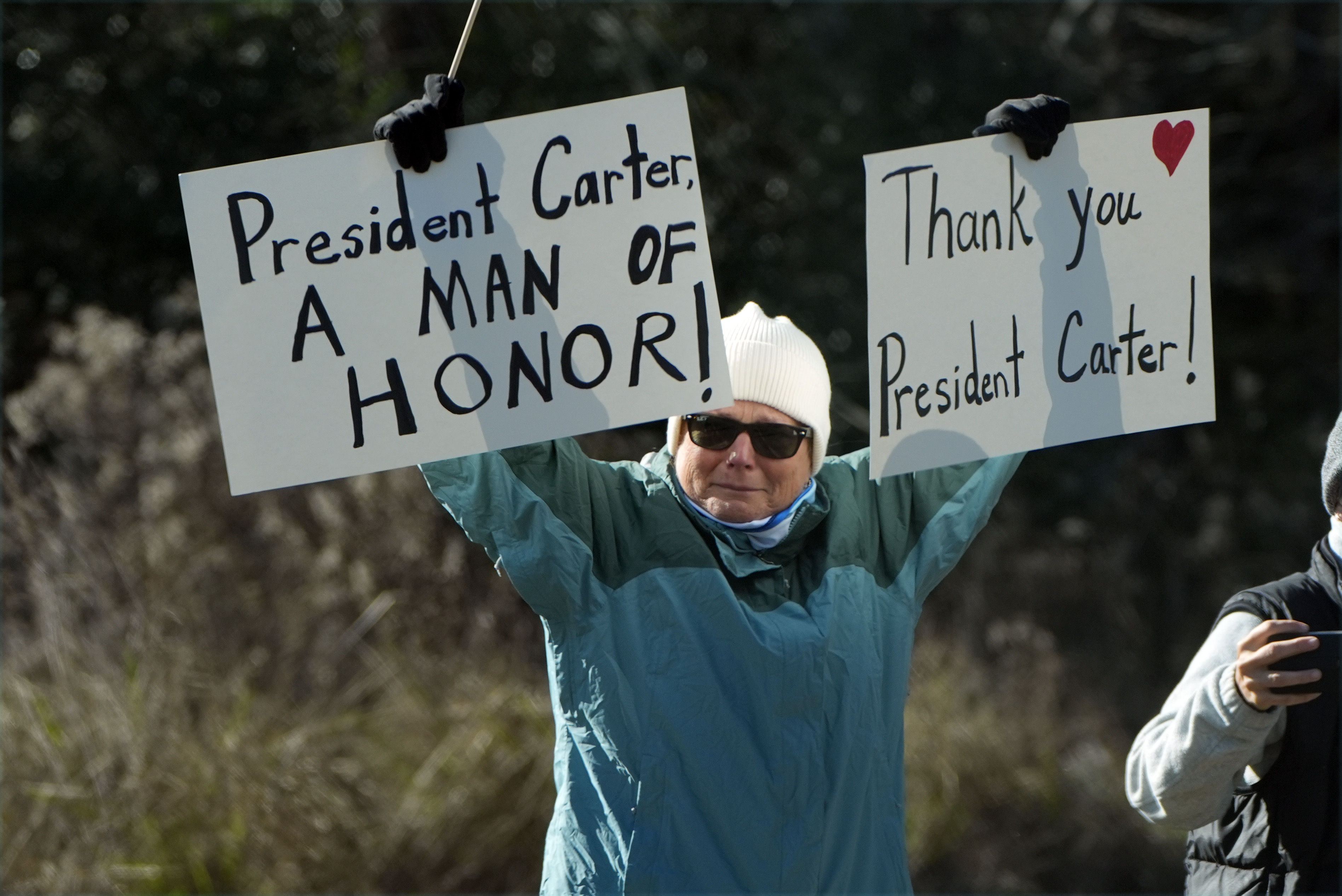




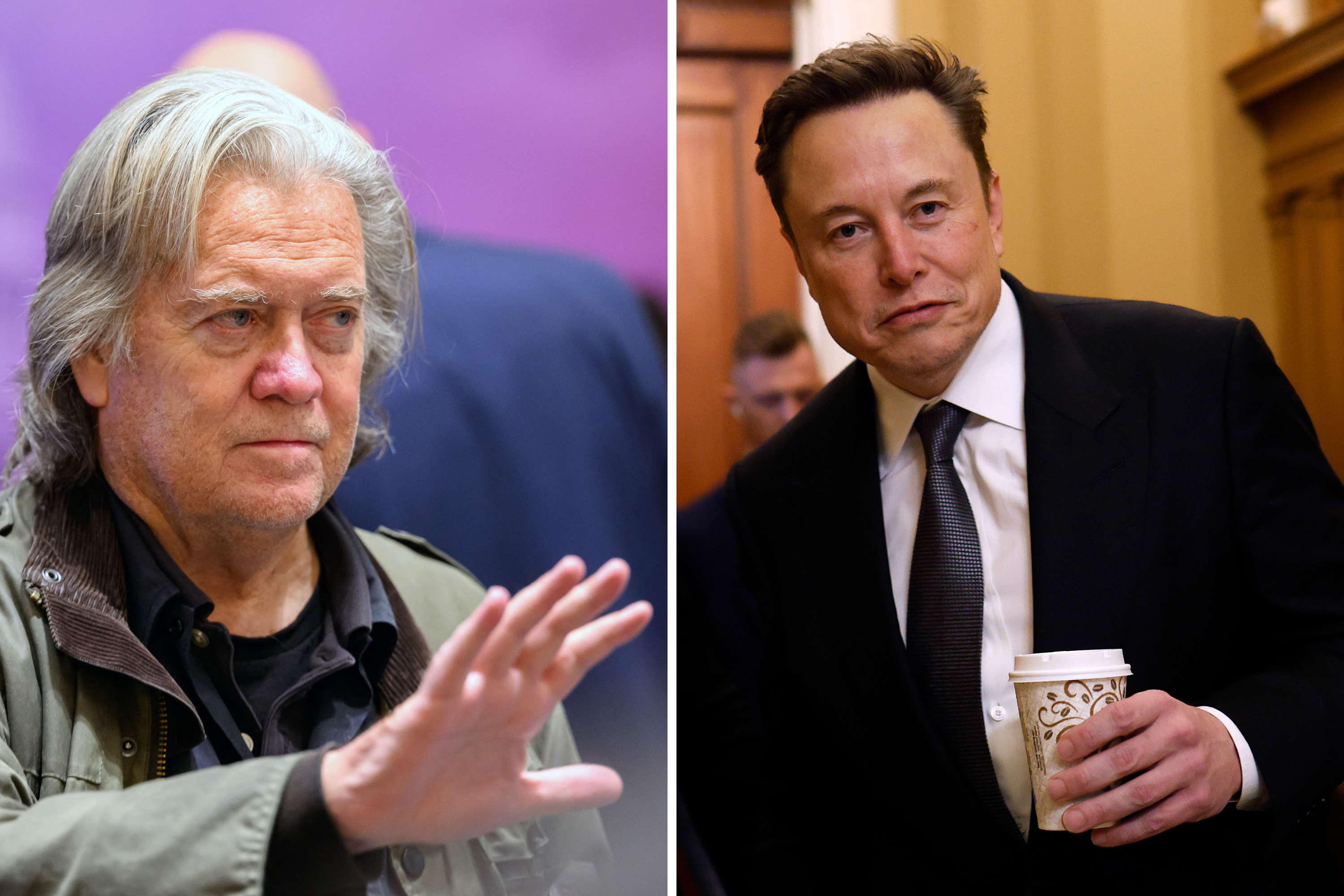







:quality(85):upscale()/2024/04/24/878/n/3019466/36c5693c662965c5d1ce91.72473705_.jpg)
 English (US) ·
English (US) ·